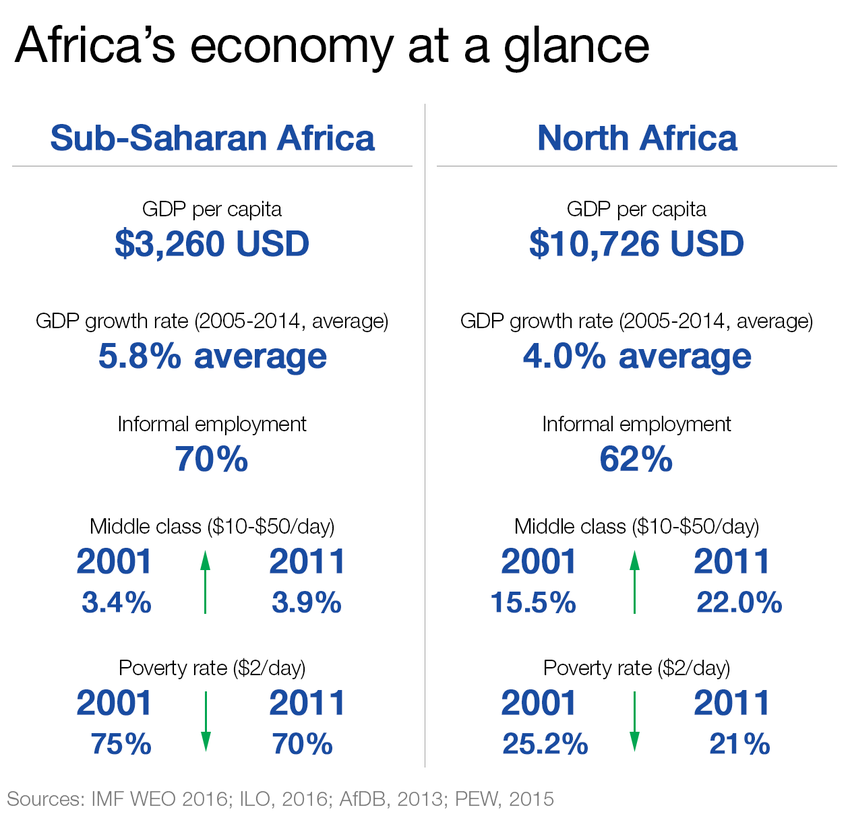The Gambia has recently become the latest country to ratify the African Continental Free Trade Area (AfCFTA) agreement.
On 22 April 2019 the Gambia became the 22nd country to ratify the AfCFTA agreement, meeting the minimum threshold needed for the agreement to move forward. Negotiations on AfCFTA membership began in 2015. So far, 52 countries have signed the preliminary endorsement and 22 countries have ratified the agreement or received parliamentary approval.
The AfCFTA came in to force on 30 May 2019. Aiming to create a free trade region among the African Union members, AfCFTA will become the world’s largest free movement and single-currency union. The total population of the AfCFTA union will be 1.2 billion people, and the potential market size is expected to reach $2.3 trillion.
According to Kingsley Makhubela, CEO of Brand South Africa, Africa’s ability to trade and do business with itself should be regarded the greatest opportunity for realizing the African region’s growth potential. “What is required is an inward and outward strategy acting in tandem to outwardly cement Africa’s place in the global economy through foreign investment and improved trading links; while internally driving regional trade integration,” said Kingsley Makhubela at the World Economic Forum Annual Meeting 2018.

The African Union and African Ministers of Trade are going to finalize work on supporting instruments to facilitate the launch of the operational phase of the AfCFTA during an Extra-Ordinary heads of state and government summit on 7 July 2019. The supporting instruments will include:
- well-defined rules of origin;
- schedules of tariff concessions on trade in goods;
- an online non-tariff barriers monitoring and elimination mechanism;
- a Pan-African digital payments and settlement platform; and
- an African Trade Observatory Portal.
The African Continental Free Trade Area is already delivering results well before it entered into force. In December, 2018, the First Intra-African Trade Fair in Cairo, Egypt, attracted above target exhibitions and business transactions. At the Cairo Fair, they had 1,086 exhibitors, 86 above target. They also had business deals over US$32 billion, well above the target of US$25 billion. This sterling achievement signals the potent force of the Intra-African Trade Fair as a viable platform and brand for trade information as well as actual growth of intra-African trade.
By launching the African Continental Free Trade Area and making it work, Africa is overcoming the historic fragmentation and isolation of its economies by opening up huge commercial opportunities as well as improving transport and communication linkages among African countries. This aggregation and connectivity will accelerate growth and sustainable development of African countries, in line with the vision of the African Union and Agenda 2063: “An integrated, prosperous, and peaceful Africa, driven by its citizens, representing a dynamic force in the global arena.”
The members of the new union believe that they are creating more than a free trade area. In January, 2018, the Assembly of African Union Heads of State and Government launched the Single African Air Transport Market as well as opened for signature, the Protocol to the Treaty Establishing the African Economic Community Relating to the Free Movement of Persons, Right of Residence and Right of Establishment. Moving forward, Africa shall, during this year, conclude work on schedules of specific commitments on trade in services as well as commence negotiations on Protocols on Investment, Competition Policy and Intellectual Property Rights.
All these developments show that Africa is laying the ground work for the establishment of an African Common Market or Internal Market, in accordance with the Treaty Establishing the African Economic Community, signed in Abuja, Nigeria in 1991 and ratified in 1994.
Image: Cape Town, South Africa / Pixabay


